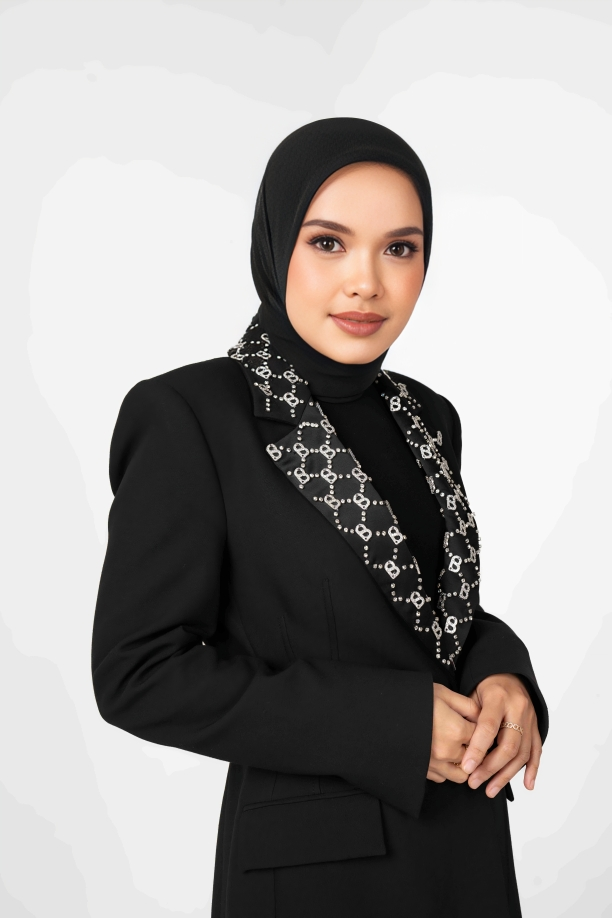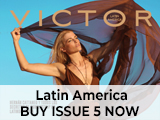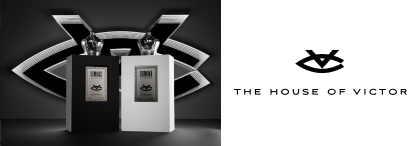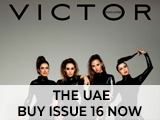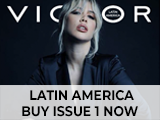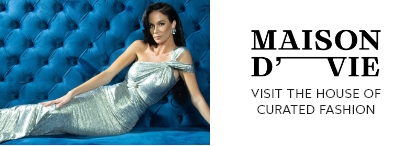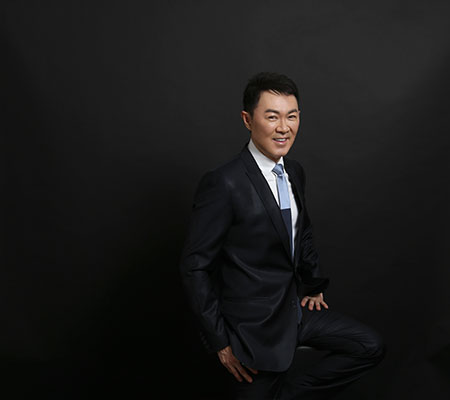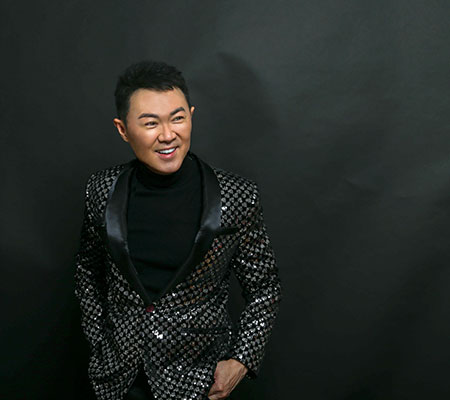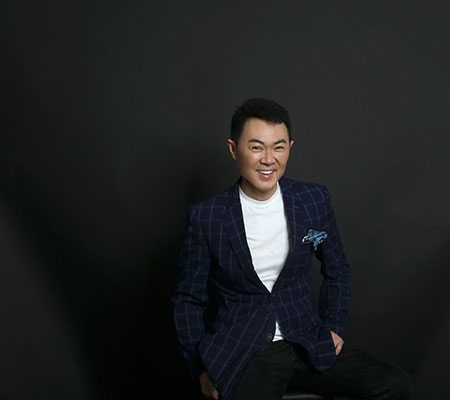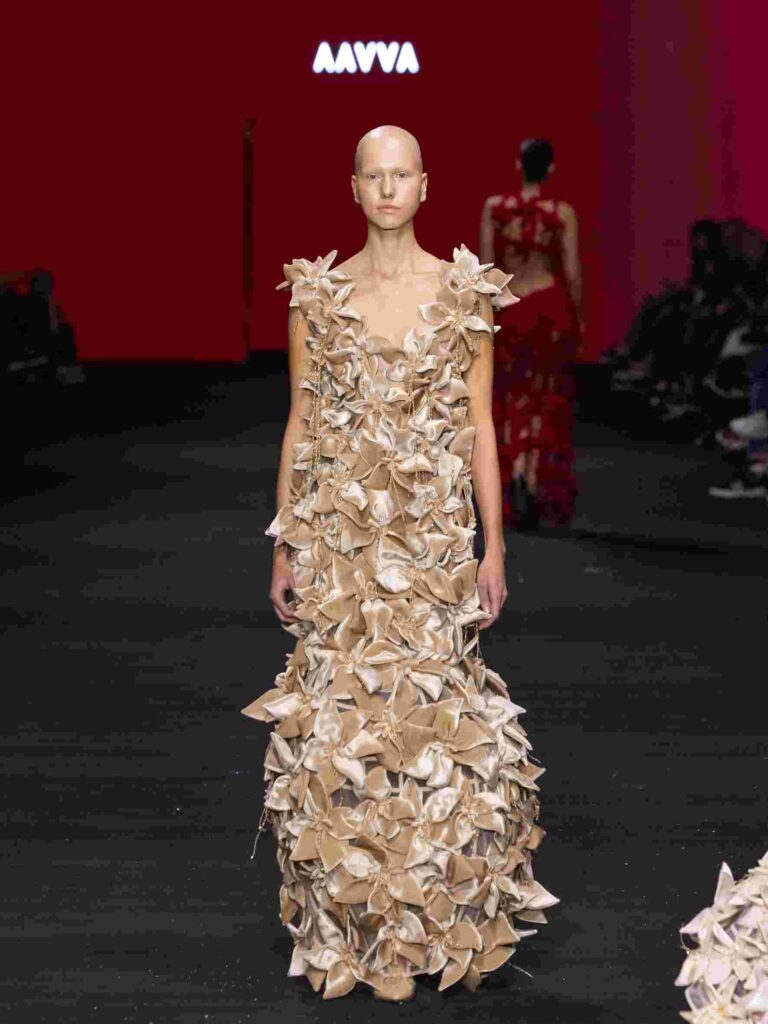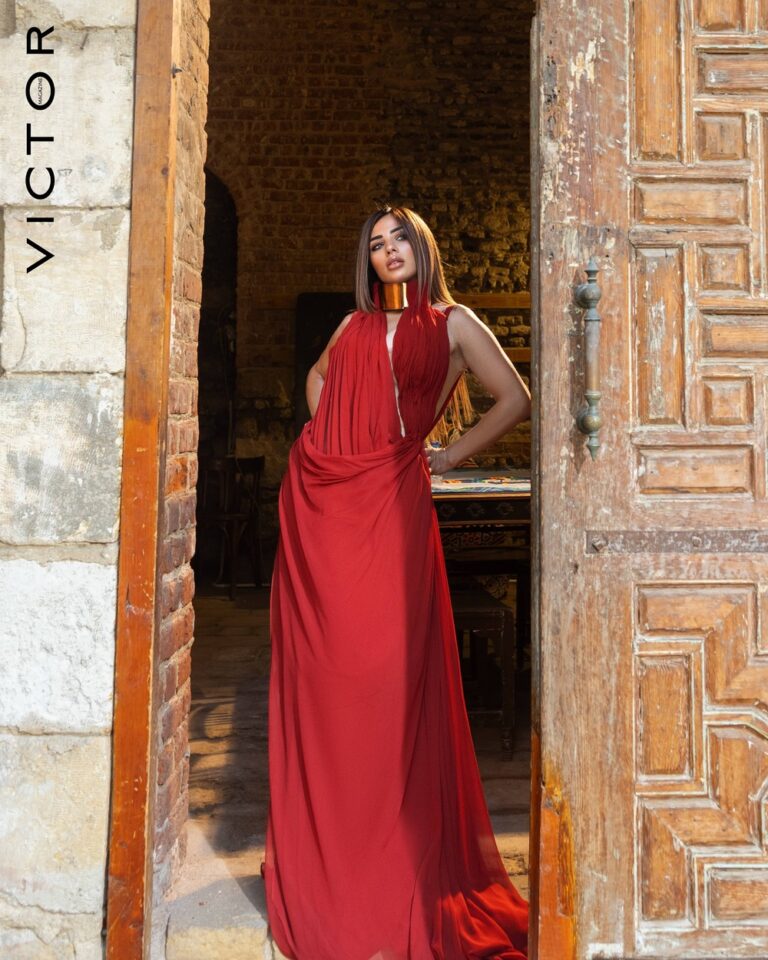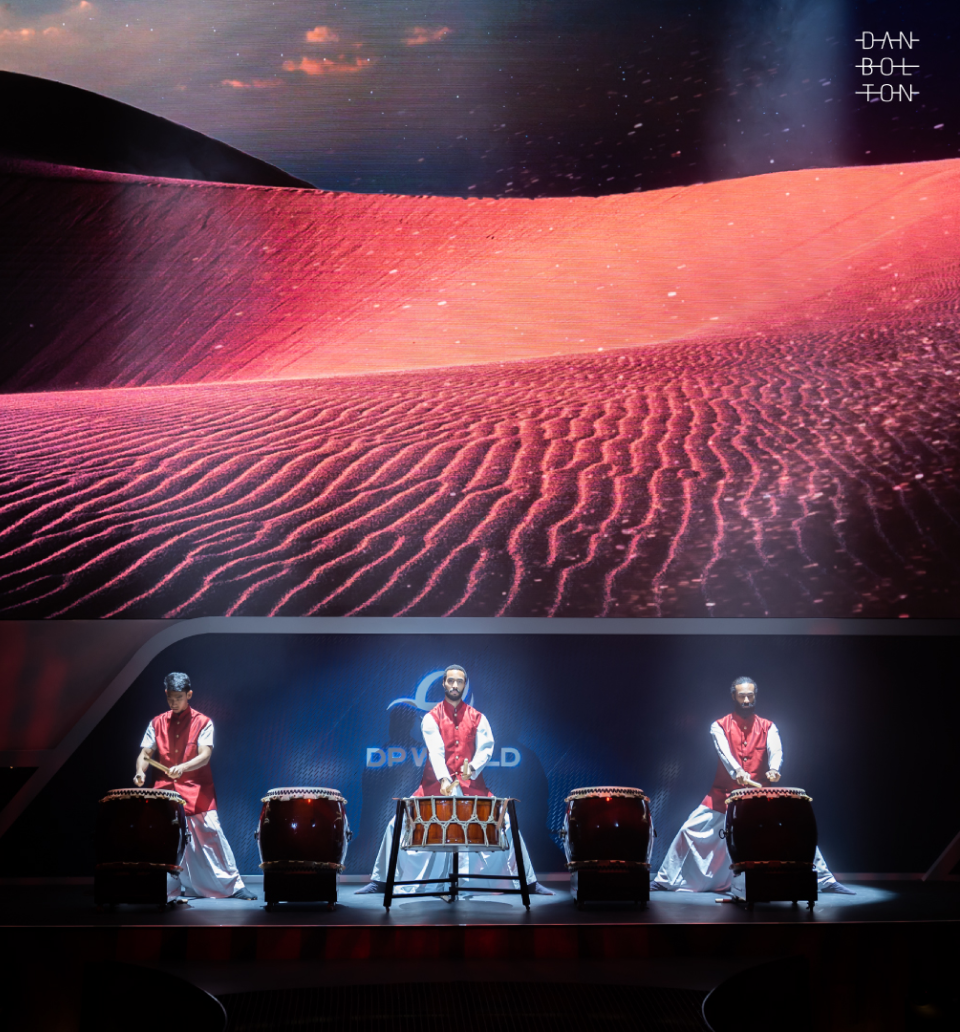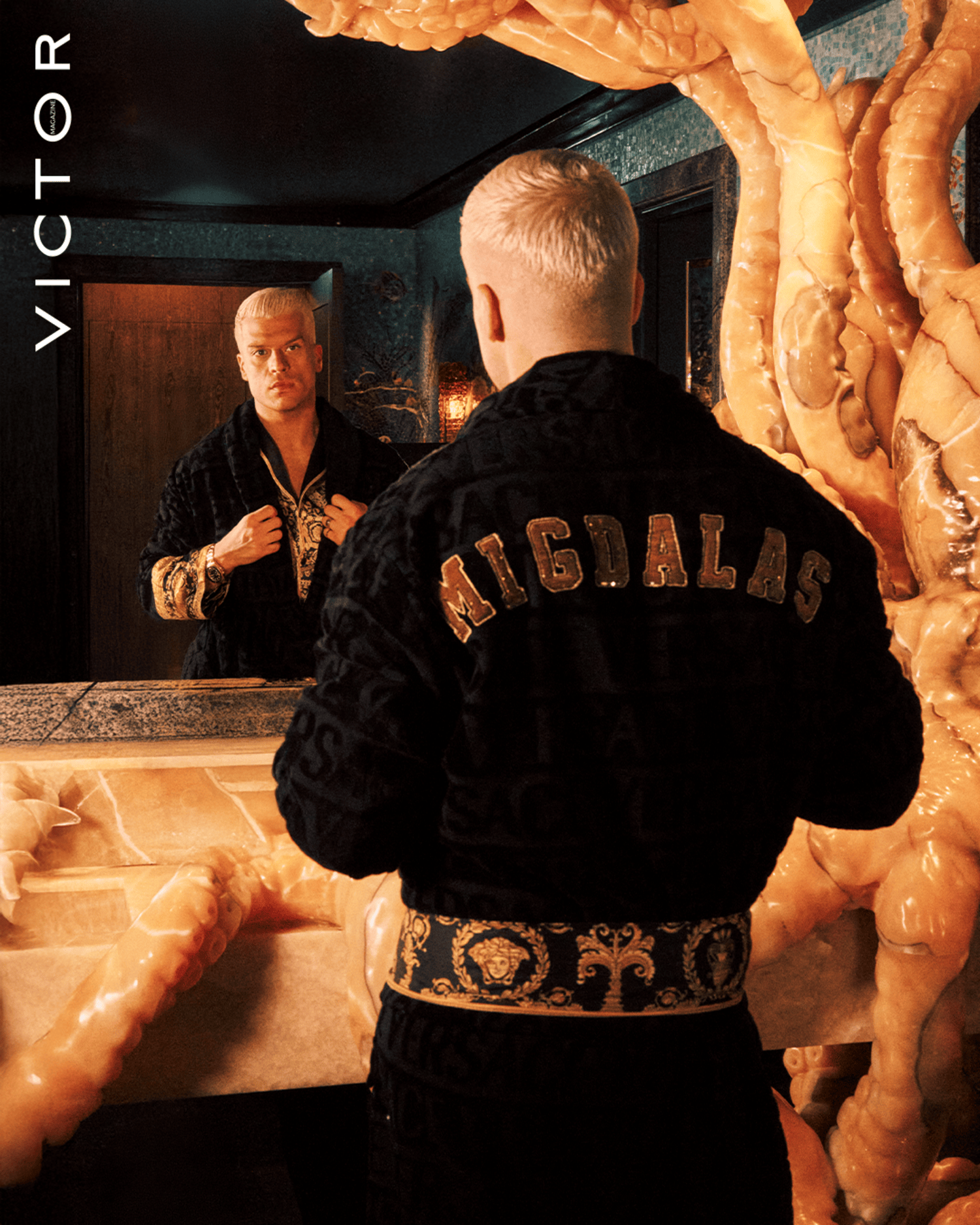
All That Glitters – as Explained by Gilbert Cheah
Gayatri Ramchandran
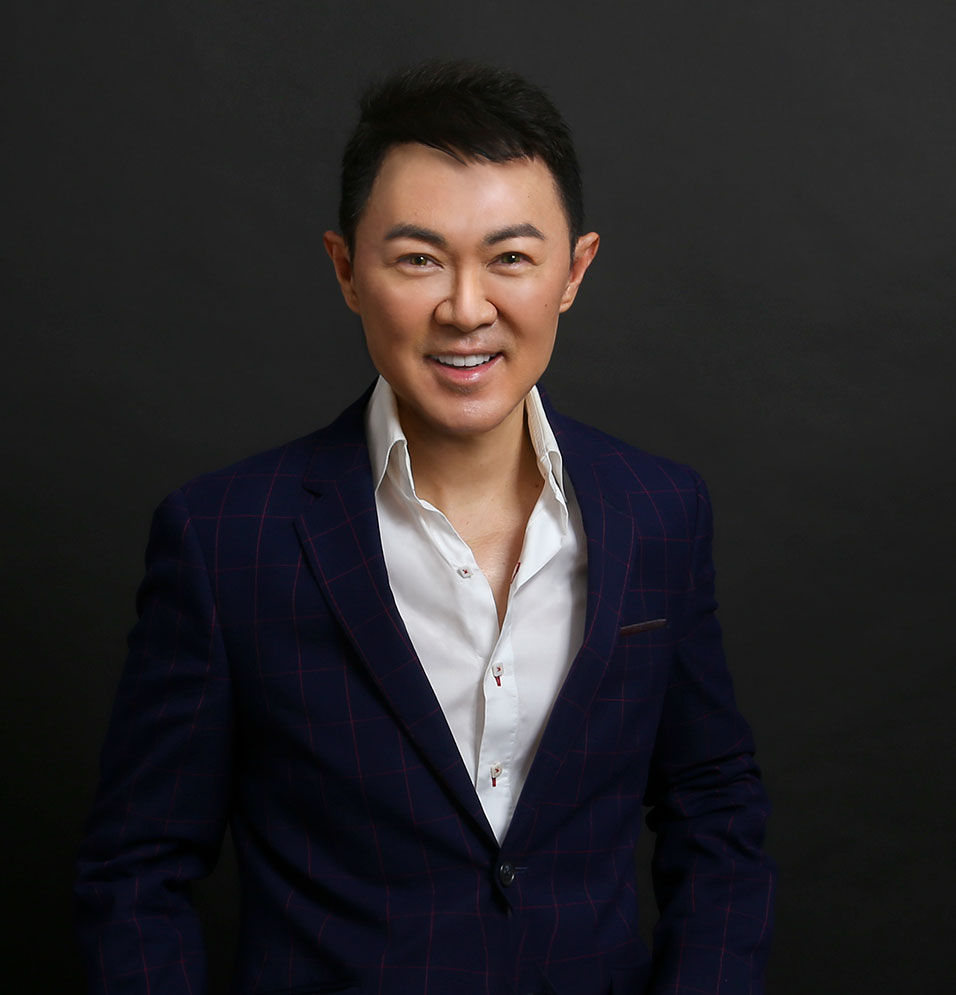
- Photo by: Mark Tercero
Remember the moment, watching a magician spew an arsenal of tricks, leaving us awestruck and enamoured by the sheer opulence of it all? That’s how Gilbert Cheah makes you feel.
Managing Director of a strategic brand consultancy specializing in the luxury and high net worth markets. Founder of a health and wellness Facebook page with over 12,000 followers. From being publisher of one of Singapore’s top award-winning publications to having served as a co-head writer for a popular TV drama series, or leading a plethora of fundraising events, Gilbert Cheah is indeed a magician from the world of luxury.
We spoke with him from Singapore to learn more about his insights on the luxury business and the high net worth market and what it is and what it is not.
Can you tell us about the initial obstacles you had to cross in your career? What have those experiences taught you?
I started my career in the US and one of the biggest challenges I had was to be a racial minority there. There are a lot of stereotypes about and prejudices against different minorities in the US and one has to work extra hard to prove oneself. That was definitely one of the initial obstacles I faced, and what it taught me basically was that life is not always fair and the ground is not always going to be even, and you can’t expect it to be fair and that you have to learn to deal with it the way it is to succeed rather than just lamenting that it is difficult or unfair. You have to do the work to prove yourself and when necessary, be an activist to help affect societal change.
When people think of luxury, the first thing to pop into their minds is the Glitz and Glamour. As someone who is a powerhouse in this sector, what according to you, are some misconceptions you’d like to debunk especially for those who have less knowledge about it?
They need to understand that the luxury sector is not monolithic; meaning that it is not just one definition or one audience. There are many types of luxury consumers. Luxury is a very big ‘WORD’ and a big ‘WORLD’, and there are a lot of different segments to it. There is this ‘old’ money, which you will find in Europe and America for example and in some parts of Asia. And then, there is this ‘new’ money which you find mainly in Asia, the Middle East and Russia. These are the people who attained their wealth fairly recently, who were not born into money. And there are many differences in behaviour, mindsets and values between old money and new money and so they think of luxury very differently. I think it is very important for marketers and communicators in this sector to understand that.
Old money tends to value heritage, quality and are much quieter in their consumption of luxury. They may buy something that they know is very well made but may not be a well-known brand. Or if they buy a well-known brand, they rather not have the logos all over it. The aim is not really to show off, it is just to have things which are of quality because they are very quality and value conscious. Even though they have a lot of money, they would buy things of great value – they are not being price conscious but value conscious. The price of an item is less important to them than the value it carries—something could be very expensive but very well-made and used very frequently so it would be of greater value than a lower-priced item that is not as well-made or long-lasting. Similarly, items that are very expensive mainly because of a brand and its prestige, would be of less interest to them. That’s one of the aspects of old money, because old money does not need to prove itself, it basically knows it is rich and they are fine with that and they live their lives without looking for validation from what they own.
Now new money—I am talking in terms of generalities of course—new money tends to view luxury and expensive items as a way to validate themselves. They want to be able to show the world, their friends, their neighbours, their enemies that they made it, that they have money. So they want the Lamborghini, the Aston Martin and the big jewellery. They will wear designer brands from top to bottom, and need to show off! That is new money since new money tends to be like that. They feel the need to validate, showing that we made it. Wealth, money and luxury to them is a form of validation.
Even in the breakdown I have given of the two kinds of luxury segments, that is also very general. Of course, there are sub-segments of that, there are differences and there are people that don’t fit into either category. But in general, that is what I would say.
I think that for people marketing to this high net worth segment, they need to really understand the segment one is marketing to. Because the way you approach marketing will depend very much on which segment and what is the psychology of the consumer. A luxury consumer thinks in more ways than one and you must understand that and know which segment will respond best to your product or service.
According to you, what are some of the latest trends or changes that are taking place in both; the media and the luxury sector?
I think it is undeniable that the pandemic has affected how people think about everything and it has affected how people think about luxury as well. According to Euromonitor International’s Luxury Goods 2021 edition, the global market shrunk by 15% in value in 2020 from the year before. I think we have just seen and will continue to see in the months and the years ahead on how it has changed people’s preferences and mindsets.
For one thing, I think that many people have realised that they can live simpler and not need everything that they thought they needed because during the lockdown, the pandemic, in many countries, and it is certainly in Singapore as an example, there were no events! So, you couldn’t have balls, or parties for more than a year, up until now.
What this means is that for the past 18 months and continuing, people were not spending much on luxury goods. They aren’t buying new designer clothing that they would otherwise be purchasing for events. If there are no events then you don’t need those new clothes or shoes. You don’t need as much jewellery; you don’t need as much stuff to show off because you are not going to have the events at which to show them off! And as the months went by, people began to realize, “Actually, I am fine this way, you know? I know what I need now… I just need my health, I need my family, I need good friends and I can enjoy all these at home.”
So people have turned more inwards in that sense, and while we are missing each other and missing events and travel and parties, which will all come back, I think the definition of luxury will be changed because of this, and luxury brands will have to figure out how it will respond to this and how to respond within their own brand values and identity.
To sum it up, I would say that COVID has made people re-examine values and what is important to them. As a result, buying habits and buying decisions are changing and will continue to change.
Do you believe social media has impacted or influenced luxury marketing in some way?
I think social media has impacted it tremendously. For one thing it has made the desire to own luxury brands much greater and much more universal. If you look at Instagram for example, you see millions of people are posting pics of their watches, their jewellery, clothes, cars, trips and even what they’re eating for every meal. Instagram is basically a catalogue of people’s possessions and activities; they’re showing off everything they have. And when other people look at all these photos and videos, they aspire to own these objects and have these experiences. This means more people than ever before are chasing the dream of luxury and this is increasing demand. Social media has also introduced younger people to luxury brands and their desire for and understanding of the products is astonishing. Before Instagram and other social media, pre-teen and teenage kids would not be thinking about owning luxury brands but today, a big number of them do.
When they look at their friends’ social media, at other young people or young influencers having luxury items–say a watch or a luxury car or a designer outfit, they aspire to have all these products too. So yes, social media has a huge impact in expanding the demand for luxury brands, luxury goods and luxury services. Certainly, luxury travel as well, everyone wants to go to 6-star resorts, and take Instagram worthy photographs – so all of that has a huge impact on cultivating a desire and appreciation for luxury at a young age.
In order to attract potential consumers and gain a significant online presence, what do you believe is the best strategy to promote a luxury brand on social media platforms?
As I had mentioned earlier, luxury brands need to know which segment they are targeting. They need to market to that segment differently from the way they would market to another segment because there are different segments within it. In general, I believe they need to show why they are worthy of the price tag, that’s very important. Because generally people who are wealthy, they do want to know why they are paying so much for an item and luxury brands do charge a lot more. So being able to show people this is the reason why your item costs so much, because of the hours of workmanship going into it, or because of the quality of the material, because of its uniqueness clearly needs to be spelt out.
You can’t assume that people are going to buy because it is a brand. They might to a certain extent, but if you need to continue to attract them then we need to show them, especially when you want to gain a loyal customer who will stick with your brand through decades.
What advice would you give to someone that wants to start a career in luxury based on your experiences?
First and foremost, as with entering any industry, you need to be passionate and willing to learn. You can’t just love the idea of working in the luxury industry without having the willingness, the drive and the discipline to put in the hours, days and years studying and learning about the brands, products and values. One could begin with maybe by being a sales person or interning with a luxury brand to gain experience and learn on the ground. Study the history and heritage of the luxury brands, and develop an eye for what makes a product a luxury—it’s much more than just the price or prestige.
What and why is the luxury market in Asia indomitable? How can the other luxury markets in other countries learn from this perspective in order to move forward?
Asian consumers are indisputably, the world leaders in buying luxury goods. The region’s share of global personal luxury goods increased from 32% in 2019 to 37% in 2020 and sales in Asia are expected to make-up 40% of the global personal luxury market by 2025. The strongest countries in terms of spending are those with the biggest percentage of high net worth consumers. China, of course, leads the way and is a huge market that will only continue to grow. China has overtaken Japan as the biggest buyer of luxury goods in Asia Pacific, and will account for 41% of personal luxury sales in the Asia Pacific region by 2025, up from 36% in 2020. At the same time, Taiwan has overtaken Hong Kong in consumer luxury expenditure for the first time.
Earlier on when I mentioned the difference between old money and new money, one of the reasons why China, for instance, is such a huge consumer of luxury is because of two things:
1) There are a lot of wealthy people in China now and the country’s wealth as a whole is growing tremendously.
2) The second aspect is that the vast majority of the wealthy in China are so-called “new money,” which means that they are more likely to want to own luxury goods and prestigious brands as a way to show their wealth and validate their success. If you look at the ultra-wealthy in the US or Europe, for example, they are more from the “old money” groups which in general, are not luxury brand conscious.
In China, however, the number of wealthy with the desire to showcase their success is much larger. Just one generation ago, their parents or grandparents were farmers and now, they are billionaires. So many of them want to buy the biggest houses, put marble everywhere, install gold taps and have the most expensive cars as well as the biggest diamonds. The luxury consumption in China is skyrocketing because of this. You may have someone who’s worth a billion dollars in the U.S and then there’s someone in China who is also worth a billion dollars. But their luxury consumption of goods varies. If you look at famous personalities such as Warren Buffet, Jeff Bezos or Bill Gates, they don’t look showy at all based on the way they dress. Their dressing styles are very simple because their mentalities are different. In China, the rich are different. The men may not necessarily dress flashily but they will definitely buy expensive items.
The reason why the Luxury Market in Asia is so strong, is because of their rise in wealth and their mentalities of using luxury as a form to publicly validate one’s success.
How would you describe your leadership style? In your own words, what is the no.1 skill a true leader should possess?
I would describe myself as a consultative leader. I believe in hiring the best people and letting them do their job without me getting in their way. I will lead with the vision and strategies but I want them to share their views and take ownership of achieving the goals they have been given. Good leaders must allow people to make decisions, come up with the ideas and methods to achieve the targets, not micromanage or keep looking over their shoulders.
The best leaders must have a strong vision and clear goals. He or she must be able to inspire and lead because a lot of leadership is about listening, learning and taking in different viewpoints. Ultimately it is the leader who takes the decision but you can only arrive at that after you have heard all the different viewpoints from your team.
And another very important skill that a leader must have is to have strong communication abilities. A leader must be able to communicate the goals, the vision and explain why it’s important. And communication works both ways—it is not just about the leader communicating to the team but also to help the team communicate their ideas, concerns and needs back to you and that you really understand them.
Last but not the least, what is that one motto that truly resonates with you the best?
Hire the best people and get out of the way. Don’t micromanage. That’s very important, as I’ve seen a lot of people micromanage and it usually doesn’t end well. If you look at the very best leaders, they are the people who hire the best and are not afraid of hiring people who are smarter than them, or believe who are smarter than them. Let me give you an analogy. I think that a leader is the conductor or orchestra. You are there to conduct the orchestra. You can’t keep running in circles to play the violin, the piano or the drums as it’s impossible to be one of the orchestras. You have to conduct the orchestra. I believe that’s very crucial for leadership in general.
By Author

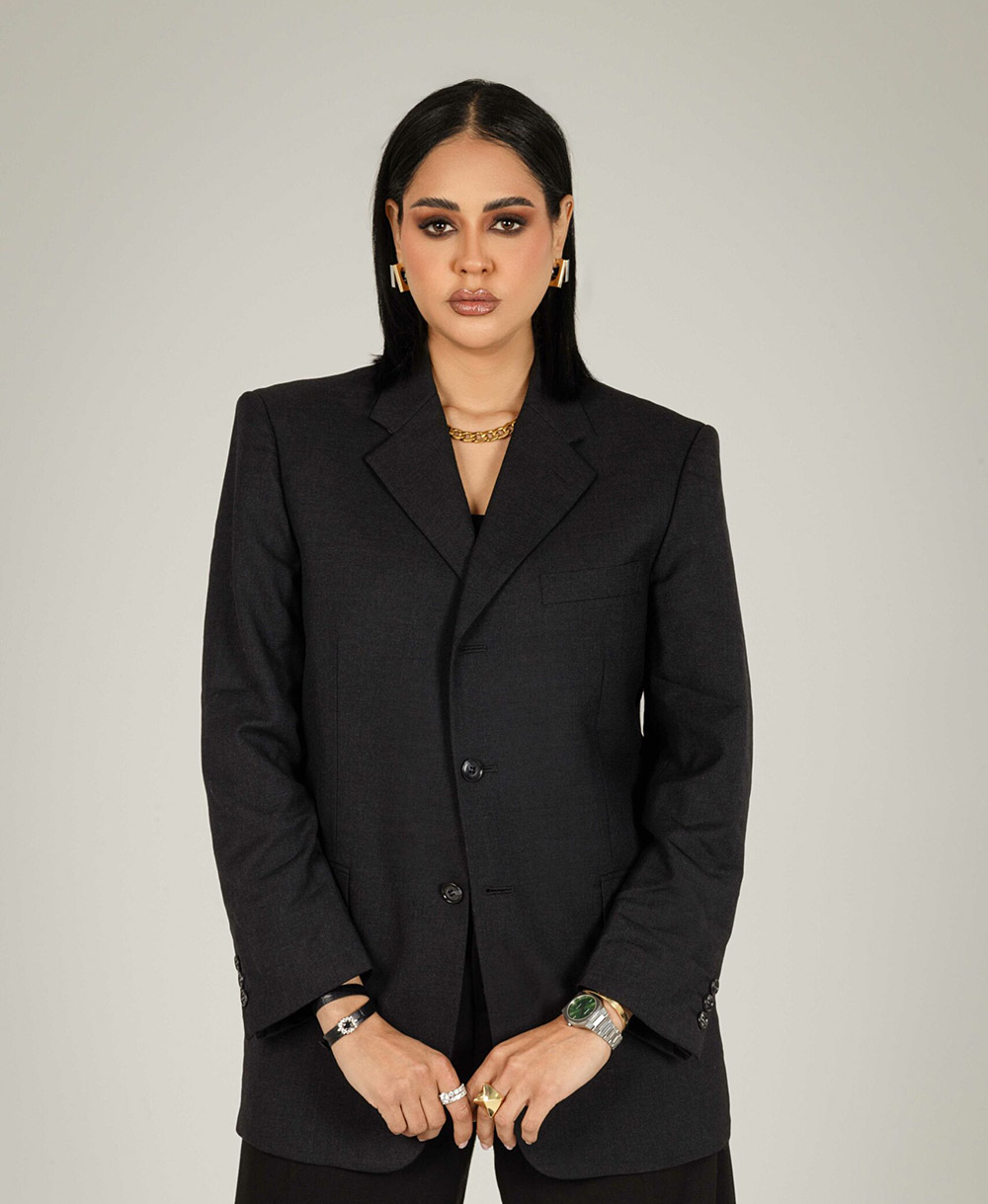
From Calculations to Camera: Basma Mostafa’s Bold Leap into the Unknown

Stop Blaming. Enough Is Enough: Words @ 3AM By Gayatri.R
no related post found

Beyond the Expected: John Migdalas on Today’s Luxury

“Flowers are our favorite F word!”

Indulging in Love and Flavor at Playa: A Valentine’s Day Delight

Beyond the Expected: John Migdalas on Today’s Luxury

“Flowers are our favorite F word!”

Indulging in Love and Flavor at Playa: A Valentine’s Day Delight
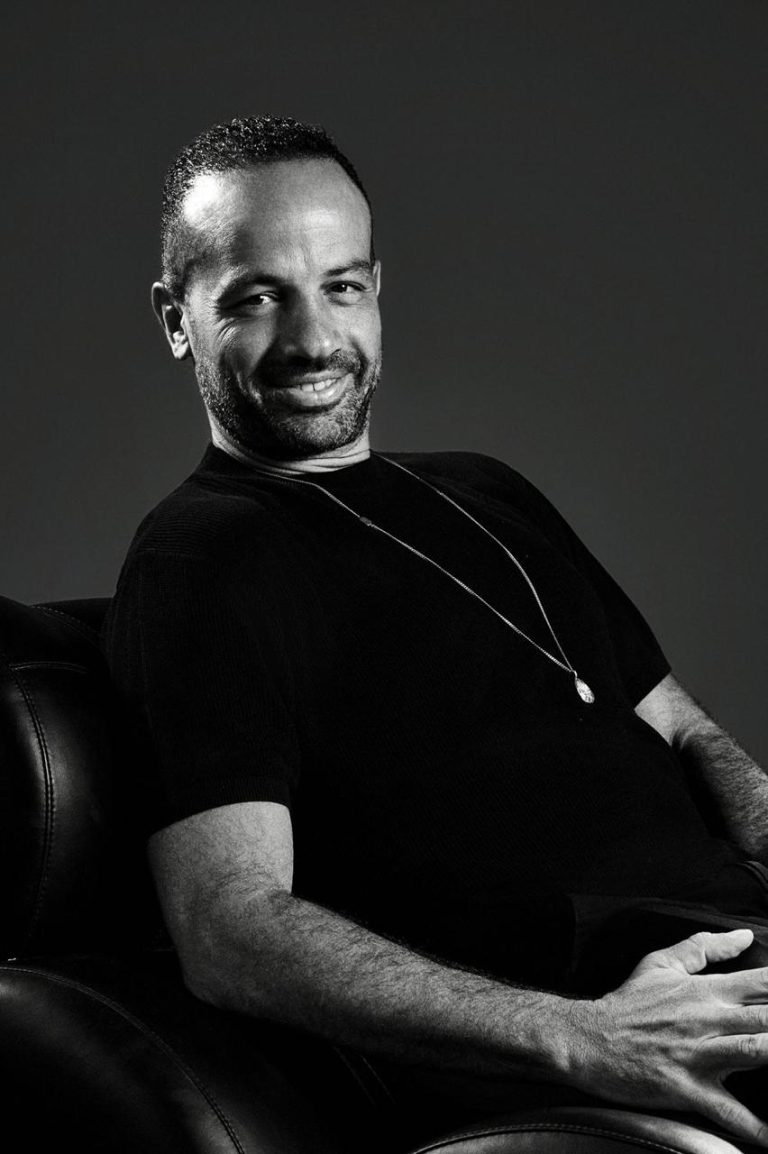
The Architect of Hits: Mousa Essa on RAW’s Unbeatable Formula

